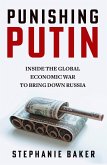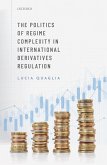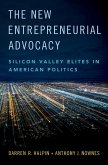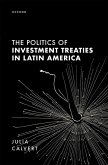Billionaires in World Politics shows how the privatization of politics assumes a new dimension when billionaires wield power in world politics, which requires a re-thinking of individual agency in International Relations. Structural changes (globalization, neoliberalism, competition states, and global governance) have generated new opportunities for individuals to become extremely rich and to engage in politics across borders. The political agency of billionaires is being conceptualized in terms of capacities, goals, and power, which is contingent upon the specific political field a billionaire is trying to enter. Six case studies explore the power of billionaires in their pursuit of security, wealth, and esteem. The chapter on security analyzes Raj Rajaratnam's relationship to the Tamil cause in Sri Lanka, and Sheldon Adelson's transnational electioneering in the Israel-Palestine conflict. Regarding the economy, the book studies how the Koch brothers' political protection of fossil fuels is affecting climate change mitigation, and how Rupert Murdoch's opinion-shaping is valorizing conservatism across borders. The chapter on social entrepreneurship and esteem examines the role of Bill Gates in the governance of global health and George Soros's attempts to build open societies as a 'stateless statesman'. An analytical conclusion evaluates the prior findings in order to address three major questions: Is it more appropriate to see billionaires as 'super-actors', or as a global 'super-class'? What is the relative power of billionaires within the international system? What does the power of billionaires mean for the liberal norms of legitimate political order?
Dieser Download kann aus rechtlichen Gründen nur mit Rechnungsadresse in A, B, BG, CY, CZ, D, DK, EW, E, FIN, F, GR, HR, H, IRL, I, LT, L, LR, M, NL, PL, P, R, S, SLO, SK ausgeliefert werden.









